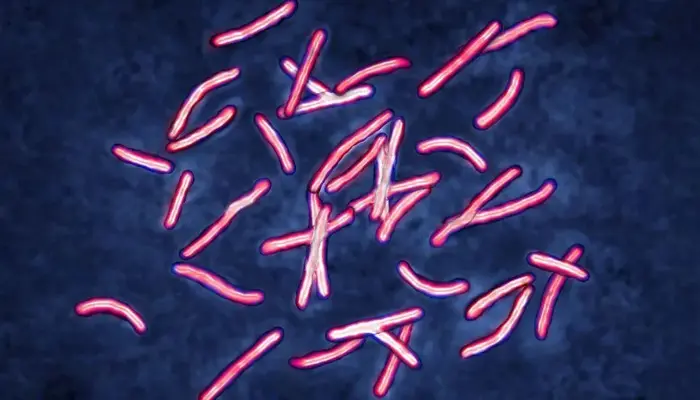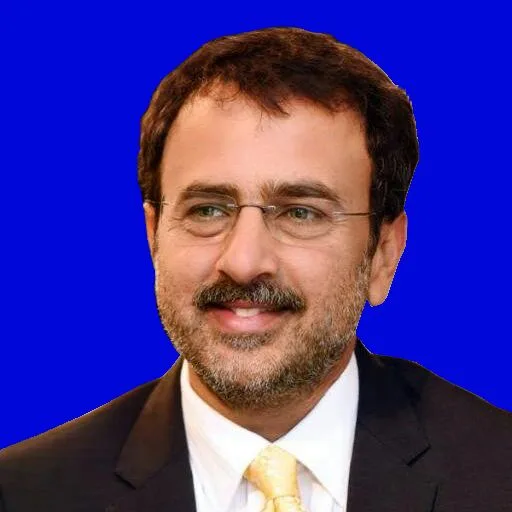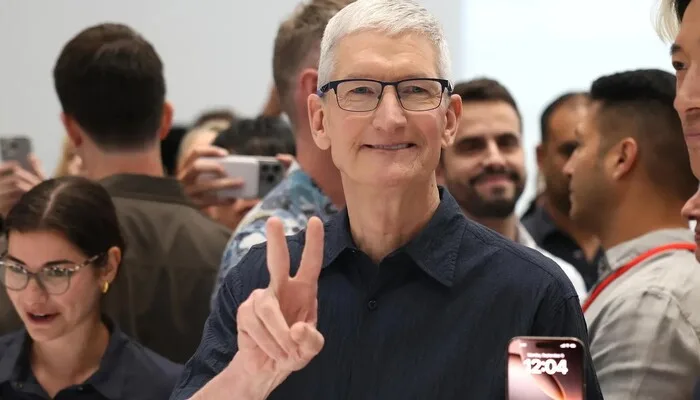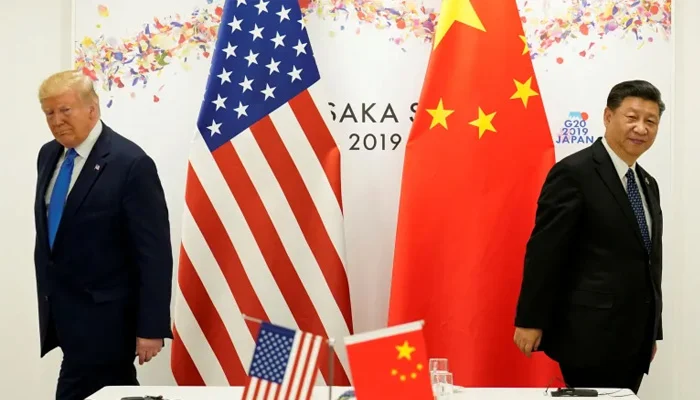AI Cracks Superbug Resistance in Just Two Days

A new artificial intelligence (AI) tool has solved a decade-long problem related to superbug resistance in just two days. Researchers at Imperial College London, led by Professor José R. Penadés, had spent years investigating how certain superbugs resist antibiotics. The breakthrough, facilitated by a tool developed by Google, offers fresh insights into tackling antibiotic resistance, a growing global health concern.
AI Reaches Same Conclusion as Scientists
Prof Penadés used the AI tool to test a hypothesis that his team had been working on for years. He provided the system with a brief prompt describing the core problem. Within 48 hours, the AI reached the same conclusion that took the research team years to prove. What surprised Penadés even more was that this information had not been published or shared publicly, confirming the AI’s capabilities in generating original hypotheses.
“I was shocked,” he told BBC Radio Four. “I even asked Google if they had accessed my computer, but they confirmed they hadn’t.”
AI Proposes Additional Hypotheses
The AI’s capabilities didn’t stop at replicating the research. It provided four additional hypotheses, all of which made scientific sense. One of these ideas had never crossed the research team’s mind, leading them to explore it as a new direction in their study.
How Superbugs Spread Resistance
The team’s research focuses on how superbugs transfer antibiotic resistance between species. They hypothesize that these bacteria use virus-like tails to move between different host species. Penadés explained that these “keys” allow the superbugs to enter new “homes,” or host organisms, spreading their resistance to antibiotics.
Critically, this hypothesis was unique to the team and had not been documented elsewhere. Using this knowledge as a test case, the AI tool independently reached the same conclusion.
AI’s Role in Advancing Science
Penadés believes this breakthrough demonstrates AI’s potential to revolutionize scientific research. While some fear that AI may eliminate jobs, he sees it as a powerful tool to enhance human capabilities.
“When you think about it, you realize AI doesn’t replace us. It empowers us,” Penadés explained. “I feel this will change science, definitely.”
His team now views AI as an essential resource for generating ideas and testing hypotheses in the future. They are optimistic that it will significantly accelerate scientific discovery and open new avenues for research.
A Game-Changing Moment
For Penadés, this experience feels like a pivotal moment in his career. “It’s like playing a Champions League match,” he said. “I’m excited to be part of something so spectacular.”
With AI tools proving their ability to tackle complex scientific problems, the potential for future breakthroughs in medicine and beyond appears limitless.
Follow us on Google News, Instagram, YouTube, Facebook,Whats App, and TikTok for latest updates












